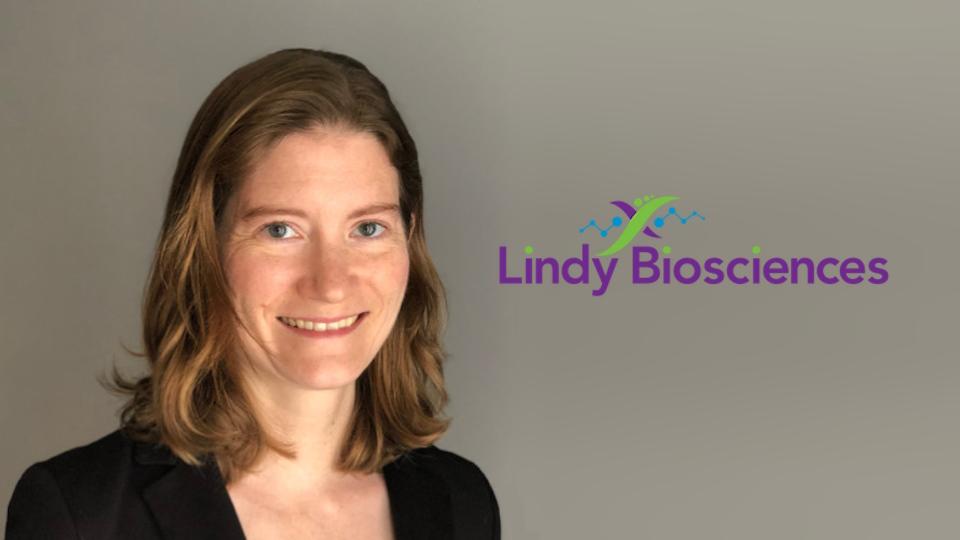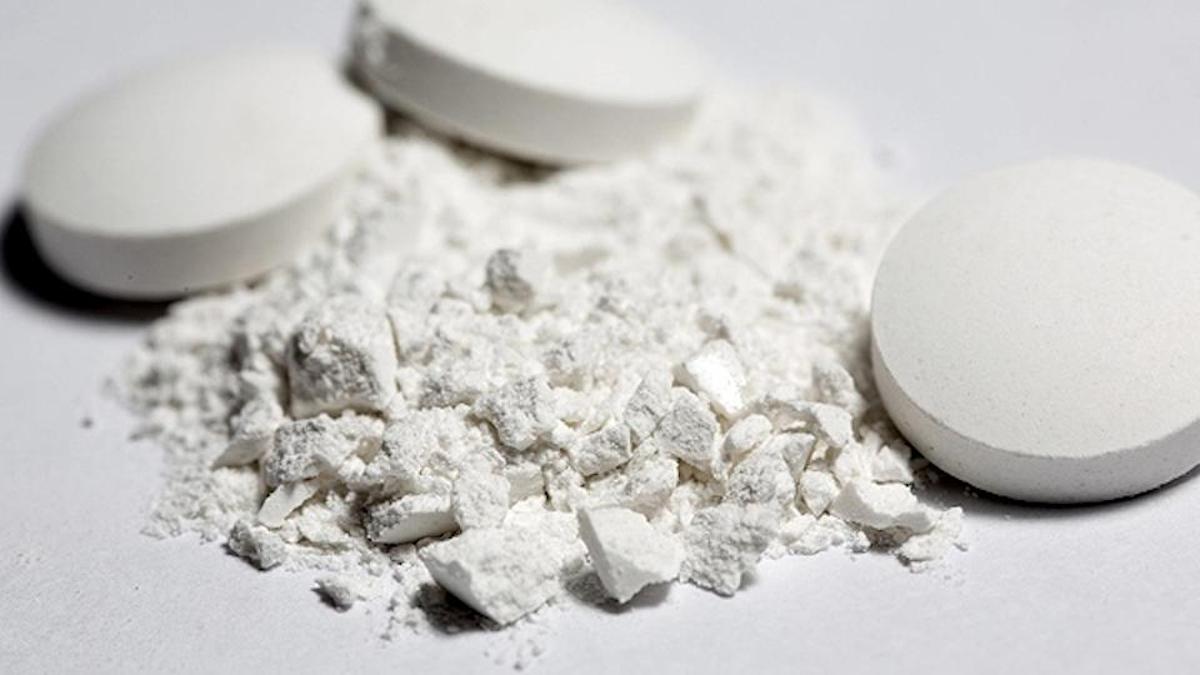Push for self-injected drugs prompts Novartis/Lindy alliance

Dr Deborah Bitterfield, chief executive and founder of Lindy Biosciences
Novartis is putting $20 million upfront into a near-$1 billion deal with US start-up Lindy Biosciences that aims to convert biologic drugs delivered by infusion into therapies that can be self-injected by the patient.
The worldwide licensing deal signals a major leap forward for Morrisville, North Carolina-based Lindy, which was formed in 2016 to develop its proprietary 'microglassification' suspension technology, and should accelerate the start of human trials of drugs using the system.
Microglassification involves removing the water from solutions of proteins, antibodies or other biologic drugs in a way that forms solid, spherical, amorphous microbeads. Those microbeads are dry, stable, and highly concentrated – and crucially they can be formulated into the small volumes needed for subcutaneous injections.
Currently, over half of all antibody therapeutics are administered intravenously in a clinical setting, primarily because of the high doses and volumes required, and Lindy maintains that its technology can make it possible to formulate these large molecules for self-administration at home via pre-filled syringes or autoinjectors.
"This has the potential to reduce healthcare costs while also improving patient comfort, convenience, and treatment compliance," it said.
Novartis hasn't revealed which medicines will be developed using the technology, but along with its upfront fee, has promised additional payments of up to $934 million if the alliance delivers on its objectives, along with tiered single-digit royalties on potential sales.
"This collaboration is a testament to our shared dedication to enhancing patient care and marks a significant milestone as we take Lindy's formulation technology into the clinic for the first time," said the biotech's chief executive Dr Deborah Bitterfield.
"Together, we aim to transform drug delivery and improve treatment access for patients worldwide."
An analysis by market research firm Precedence, published last year, suggested that the market for subcutaneous delivery devices in the US alone will more than double from around $25 billion last year to nearly $57 billion in 2032.
In part, that is because biologic drugs are accounting for a larger share of new launches than in the past and are starting to outpace small-molecule new molecular entities (NMEs).
There is also a trend towards developing subcutaneous versions of established intravenously-administered biologics, particularly for chronic diseases where regular clinic visits can be burdensome and inconvenient for patients, and costly for healthcare systems.
Recent examples include Eisai and Biogen's efforts to develop an injectable version of new Alzheimer's disease therapy Leqembi (lecanemab), which has seen slow sales growth since launch, and the recent approval in Europe of a subcutaneous formulation of Roche's Tecentriq (atezolizumab).
Many of the biologic drugs that have made the switch from infusion to subcutaneous route have done so with the help of the Enhanze technology developed by Lindy rival Halozyme, which has also been used in Johnson & Johnson's Darzalex Faspro (daratumumab) for blood cancers and Argenx's Vyvgart Hytrulo (efgartigimod alfa) for rare disease.












